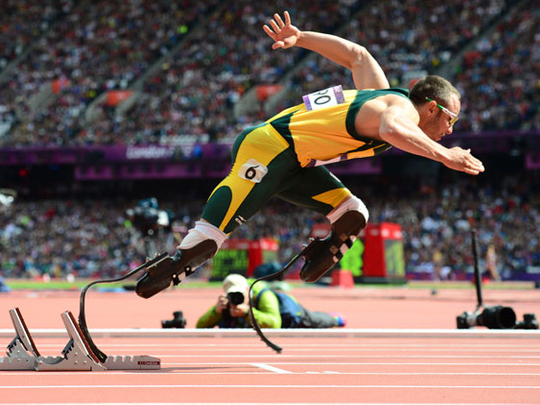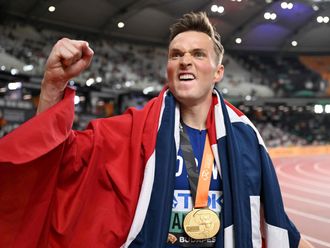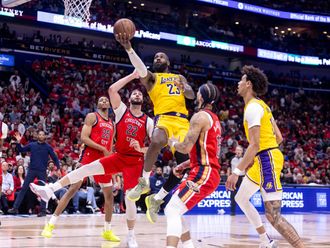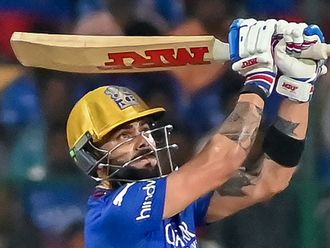
London: The Paralympics will be broadcast to more countries than ever before after organisers agreed a series of new international TV deals, while details have emerged about Wednesday’s opening ceremony.
Lord Coe, the London 2012 chairman, said he was confident the Games would be markedly different from previous Paralympics, pointing out that tickets continued to sell out almost as soon as they were made available.
Of 70,000 extra tickets put on sale at 4pm on Sunday, 50,000 had been sold by 8am on Monday. More than 2.3 million tickets have been sold in total, and another 130,000 are expected to go on sale as venue configurations are finalised.
The organising committee, Locog, has signed deals with 11 new broadcasters, taking the total to 36 covering more than 100 countries. The new deals include broadcasters covering Latin America, Pakistan, Ireland, Canada and Iran.
The Olympic TV rights are sold by the International Olympic Committee, but Locog sells the Paralympics rights directly. It must also pay the Olympic Broadcast Service for production of the coverage, which is provided free for the Olympics under the host city contract.
Coe also revealed details of the Paralympics opening ceremony, after the first full dress rehearsal on Sunday night. The rehearsal was brought forward by 24 hours due to fears about heavy rain, and organisers hope the three-hour ceremony will not be affected by adverse weather.
The ceremony, directed by Jenny Sealey and Bradley Hemmings, will feature more than 3,000 volunteers, including 50 disabled performers who have been learning circus skills from scratch. The athletes will come in earlier than during the Olympics opening ceremony, sitting on the track to form part of the audience.
Coe said the show, titled Enlightenment, was more thoughtful than the action-packed opening hour of Danny Boyle’s rapturously received Isles of Wonder extravaganza. “I really like it. It focuses on that extraordinary period in European history and the great intellectual revolution that took place between 1550 and 1720. Everything from Newton making sense of gravity and motion to Napier with logarithms and Harvey with blood circulation,” he said.
“It’s really about ceilings, about human understanding, about limitations and the importance of knowledge. Within that period some quite profound things were being said about the rights of man. You can probably gather what it’s trying to say.”
The same Thomas Heatherwick-designed cauldron used during the Olympics will be used for the Paralympics, but only 166 of its 205 “petals” will be inscribed, reflecting the smaller number of competing countries.
At the weekend Sir Philip Craven, the International Paralympic Committee chairman, said the word “disability” should not be used in connection with the event. Coe said it was a “good debate to have” but he did not necessarily agree.
“It’s more a point of philology, linguistics. I’m not sure what you’d replace it with. Impairment, maybe? I’m not picking a fight with Philip. I don’t see it like that [as having negative connotations],” he said. “I see it as sport being done by extraordinary people who have in some cases overcome extraordinary challenges to do what they do. Setting that aside, it’s really difficult what they do. It’s really great sport.”
Locog has produced 20 films to describe the various Paralympic sports and an overarching introduction to the classification system that underpins them. Coe estimated that 80-90 per cent of people watching Olympic or Paralympic sport were doing so for the first time, and said it was important to set it in context.
— Guardian News and Media 2012












